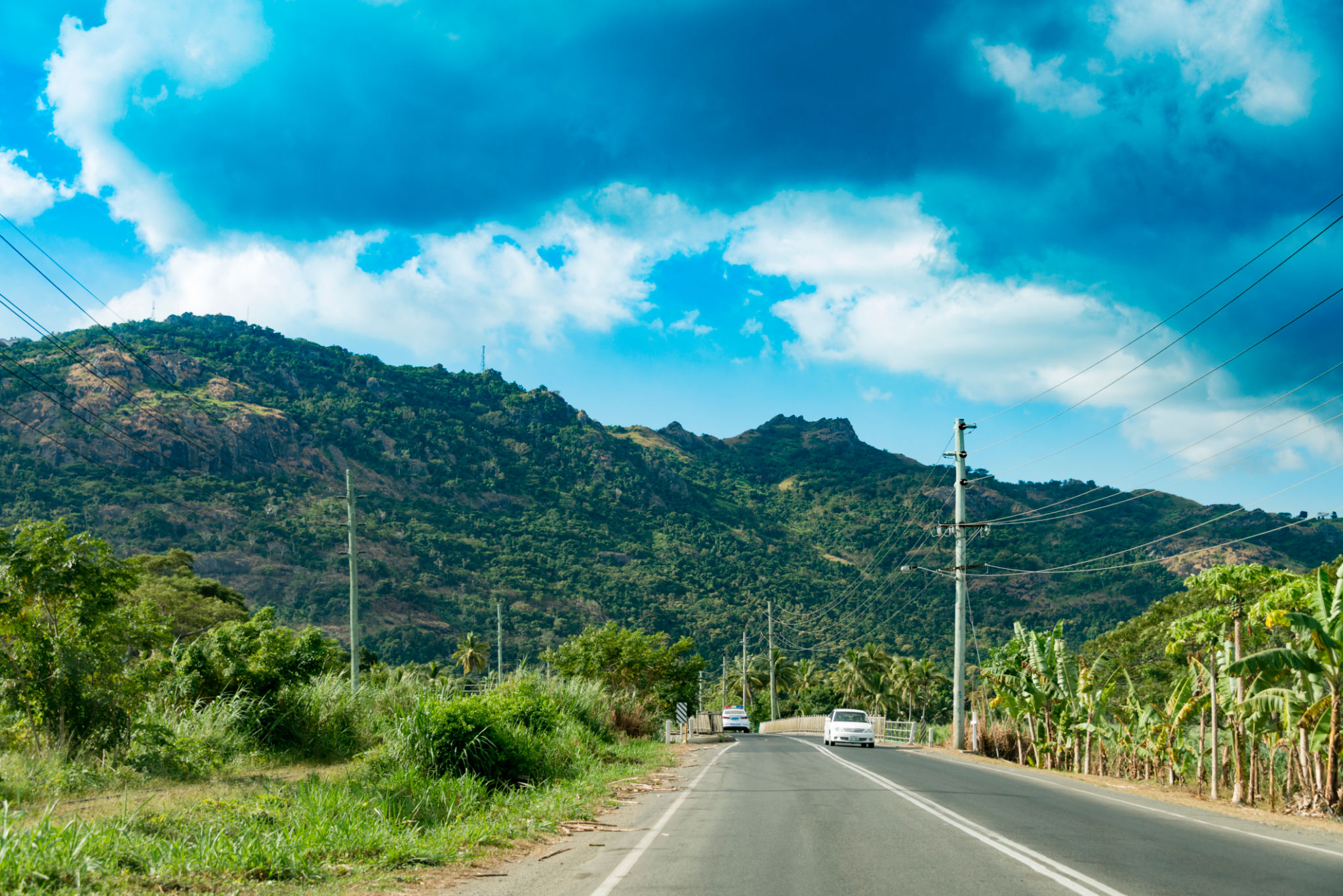Understanding Fiji's Road Construction Regulations
KT
Introduction to Fiji's Road Construction Regulations
Fiji's road construction regulations are crucial for ensuring safe and sustainable infrastructure development across the islands. These regulations guide the planning, design, and implementation of road projects, aiming to enhance connectivity while preserving the environment and cultural heritage. Understanding these regulations is essential for contractors, engineers, and policymakers involved in road construction projects.

Legal Framework Governing Road Construction
The legal framework for road construction in Fiji is primarily governed by the Land Transport Authority (LTA), which enforces standards and guidelines for road design and construction. This framework ensures that all road projects comply with national and international safety standards. Additionally, the Public Works Department (PWD) plays a significant role in overseeing the execution of these projects, ensuring adherence to approved plans and specifications.
Furthermore, the Environmental Management Act mandates environmental assessments for large-scale projects. This ensures that road construction activities do not adversely affect Fiji's rich biodiversity and natural landscapes. Compliance with these legal requirements is non-negotiable, as failure to adhere can result in significant penalties and project delays.
Design and Technical Standards
Fiji's road construction regulations specify detailed design and technical standards that must be followed. These standards cover various aspects, including road width, pavement thickness, drainage systems, and signage. The guidelines are designed to accommodate the unique geographical and climatic conditions of Fiji, which are essential for the longevity and usability of roads.

Engineers must consider these standards during the planning phase to ensure that roads are capable of withstanding frequent weather changes, such as heavy rains and cyclones. In addition, proper traffic management plans must be developed to minimize disruptions during construction activities.
Environmental Considerations
Environmental protection is a critical aspect of Fiji's road construction regulations. Before any construction begins, an Environmental Impact Assessment (EIA) is required to identify potential impacts on the local ecosystem. The EIA process involves public consultations, ensuring that community concerns are addressed.
Contractors are expected to implement mitigation measures to reduce environmental damage, such as controlling soil erosion and managing waste effectively. These measures are vital for safeguarding Fiji's pristine environment for future generations.

Cultural Heritage Preservation
Fiji's regulations also emphasize the preservation of cultural heritage sites during road construction. Any proposed road project must be evaluated for its impact on cultural landmarks. If a site of cultural significance is identified, alternative routes or methods must be considered to avoid or minimize disruption.
This approach not only protects Fiji's rich cultural heritage but also fosters community support for infrastructure projects. Engaging local communities in the planning process helps ensure that their values and traditions are respected.
Conclusion
In conclusion, understanding Fiji's road construction regulations is crucial for successful project execution. These regulations ensure that road infrastructure is developed safely, sustainably, and in harmony with the environment and cultural heritage. By adhering to these guidelines, stakeholders can contribute to building a resilient transportation network that supports economic growth while preserving Fiji's unique natural and cultural assets.
